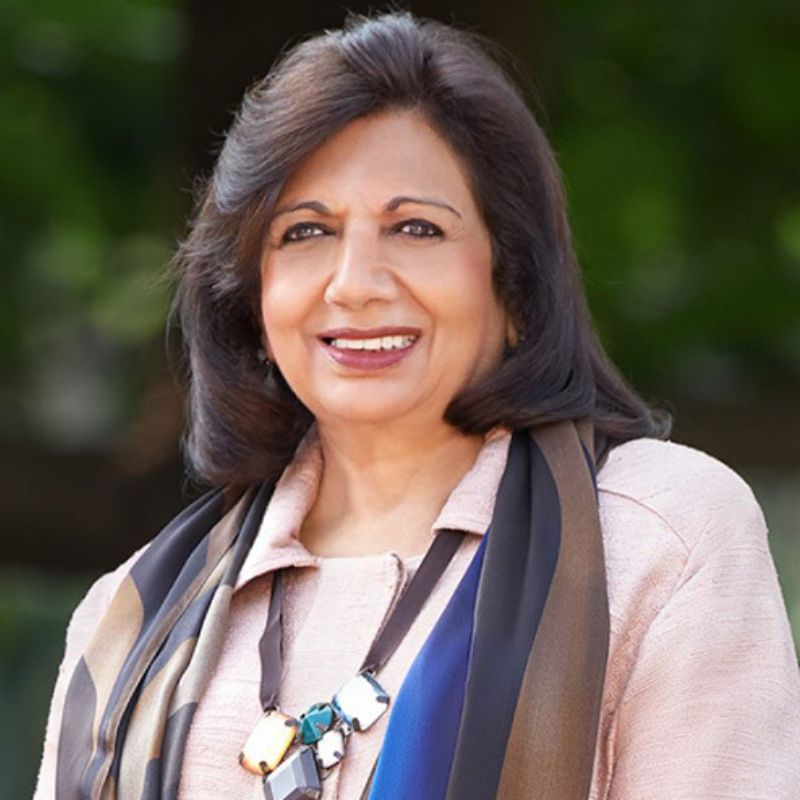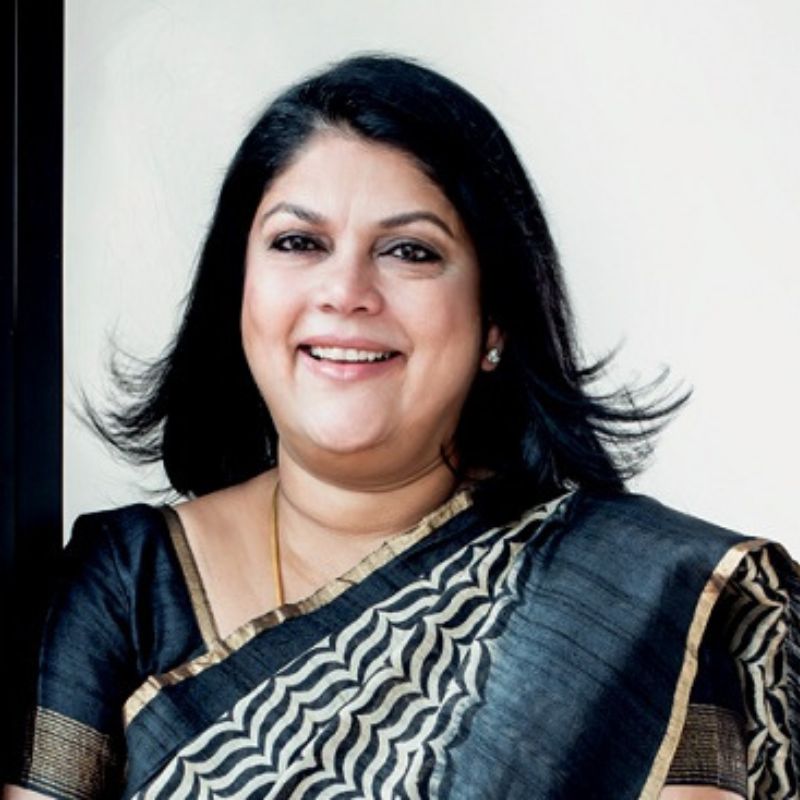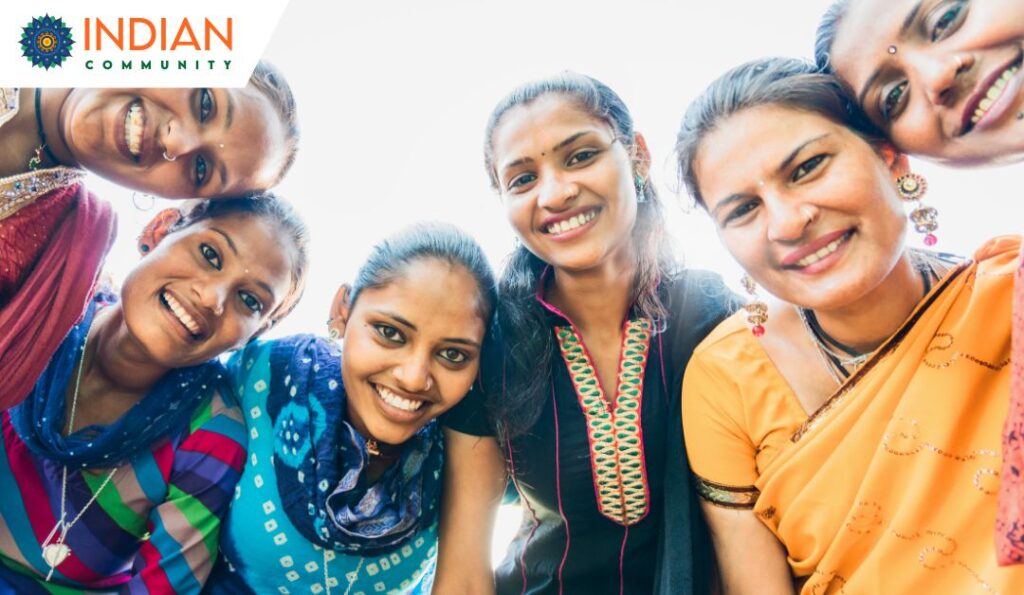India is home to a thriving entrepreneurial ecosystem that is increasingly welcoming women to its fold. From traditional industries to cutting-edge tech, women entrepreneurs in India are breaking barriers, creating innovative business models, and reshaping the country’s economy. Their contributions not only fuel the economy but also inspire other women to pursue entrepreneurship. This blog explores the journey of women entrepreneurs in India, the challenges they face, key success stories, and how they are paving the way for the next generation of business leaders.
The Rise of Women Entrepreneurs in India
The rise of women entrepreneurs in India can be traced back to the changing social dynamics and growing economic opportunities. Traditionally, women in India were largely confined to household roles, but education, technological advancements, and governmental support have transformed the landscape. In recent decades, women have ventured into various industries, from fashion and retail to technology, finance, and healthcare.
Key Drivers of the Growth:
- Education and Skill Development: The access to education has been a major factor in empowering women to pursue business ventures. Institutions and programs dedicated to fostering entrepreneurial skills have also played a key role.
- Technological Advancements: Technology has bridged the gap, allowing women to launch businesses online, access global markets, and efficiently manage their enterprises.
- Government Initiatives: The Indian government has introduced several schemes like MUDRA (Micro Units Development & Refinance Agency), Stand-Up India, and Women Entrepreneurship Platforms (WEP) that offer financial support, mentorship, and networking opportunities for women entrepreneurs.
- Societal Shifts: Indian society has seen a gradual shift in mindset regarding women in leadership roles, and there is growing acceptance of women entrepreneurs across different sectors.

Challenges Faced by Women Entrepreneurs in India
Despite the growing support and opportunities, women entrepreneurs in India continue to face significant challenges that hinder their progress. These challenges range from societal norms to financial constraints and limited access to mentorship.
- Gender Bias and Stereotypes: Many women still face resistance from families and society when they express an interest in starting a business. The notion that women should prioritize family over career often limits their potential.
- Access to Finance: Securing capital is a major hurdle for women entrepreneurs, especially for those in rural areas. Traditional lenders are often hesitant to finance businesses run by women, perceiving them as higher risk.
- Balancing Family and Business: Women often have to juggle the dual responsibilities of managing their homes and running a business. This can make it difficult to dedicate the time and resources needed for business growth.
- Lack of Mentorship and Networking Opportunities: Women entrepreneurs, particularly in male-dominated industries, often have fewer mentors and role models. Networking opportunities are also limited, making it harder for women to build connections and gain visibility.
Success Stories of Women Entrepreneurs in India
Despite the challenges, many women have successfully navigated the entrepreneurial landscape and built thriving businesses. Here are some inspiring examples:

Kiran Mazumdar-Shaw (Founder, Biocon)
Kiran Mazumdar-Shaw is a trailblazer in India’s biotechnology sector. As the founder of Biocon, she started with limited resources and transformed the company into a global biopharmaceutical giant. Her leadership and innovation in biosimilars have earned her widespread recognition. She became a symbol of women’s empowerment in a highly technical and competitive field.

Falguni Nayar (Founder, Nykaa)
Falguni Nayar, a former investment banker, ventured into the beauty and cosmetics industry by founding Nykaa in 2012. Today, Nykaa is one of India’s leading e-commerce platforms for beauty products and has revolutionized how Indian women access cosmetics. Nayar’s entrepreneurial journey shows the power of perseverance and the ability to identify emerging market trends.

Vandana Luthra (Founder, VLCC)
Vandana Luthra started VLCC in 1989 with a focus on wellness and beauty. Over the years, VLCC expanded into a multinational chain offering slimming, beauty, and fitness solutions. Luthra’s vision in integrating wellness with beauty services has positioned her as a key figure in the wellness industry.

Richa Kar (Co-founder, Zivame)
Richa Kar co-founded Zivame, an online lingerie store that helped break the stigma surrounding intimate wear in India. Zivame offers a platform for women to comfortably shop for lingerie, promoting body positivity and empowering women. Richa Kar’s initiative challenged social taboos and reshaped the lingerie retail industry in India.

Suchi Mukherjee (Founder, Limeroad)
Suchi Mukherjee founded Limeroad, an online marketplace for clothing and lifestyle products. Limeroad offers a unique social shopping experience, allowing users to create and share lookbooks. Her vision of blending social interaction with e-commerce has made Limeroad a popular platform among Indian consumers.
Government Schemes for Women Entrepreneurs
To encourage more women to take the entrepreneurial plunge, the Indian government has launched a number of programs specifically designed to support women-led businesses.
- MUDRA Yojana for Women: This scheme offers collateral-free loans to women entrepreneurs under three categories: Shishu, Kishor, and Tarun, depending on the stage of business growth.
- Stand-Up India: This initiative provides loans to women and SC/ST entrepreneurs to start their own businesses. It aims to promote entrepreneurship among marginalized sections of society.
- Mahila Udyam Nidhi Scheme: Under this scheme, women entrepreneurs can access loans up to ₹10 lakh to set up new businesses or upgrade existing ones. It is particularly beneficial for women involved in small-scale industries.
- Women Entrepreneurship Platform (WEP): Launched by NITI Aayog, WEP is a unified access portal for women entrepreneurs to connect, collaborate, and learn from industry experts. It also provides access to government schemes, funding, and mentorship opportunities.
The Future of Women Entrepreneurship in India
The future for women entrepreneurs in India is bright. With increasing awareness, growing support from the government and private sector, and an expanding digital economy, women are poised to take a leading role in India’s entrepreneurial ecosystem. As more women break traditional norms and enter the business world, they will continue to inspire and empower the next generation of women to become entrepreneurs.
Key Areas of Growth:
- E-commerce and Online Retail: Women entrepreneurs are capitalizing on digital platforms to launch and scale businesses in fashion, beauty, and lifestyle sectors.
- Social Enterprises: Women-led businesses focused on social impact, particularly in education, healthcare, and sustainability, are gaining momentum.
- Technology and Startups: Increasing numbers of women are entering the tech space, launching startups in fintech, healthtech, and edtech.
The journey of women entrepreneurs in India is an inspiring one, filled with innovation, resilience, and a strong drive to break barriers. As more women take on leadership roles, they will continue to shape India’s economic future, foster gender equality, and inspire future generations of women to pursue entrepreneurship. By addressing the challenges and providing a supportive ecosystem, India can further accelerate the growth of women-led businesses and empower women to achieve their entrepreneurial dreams.

